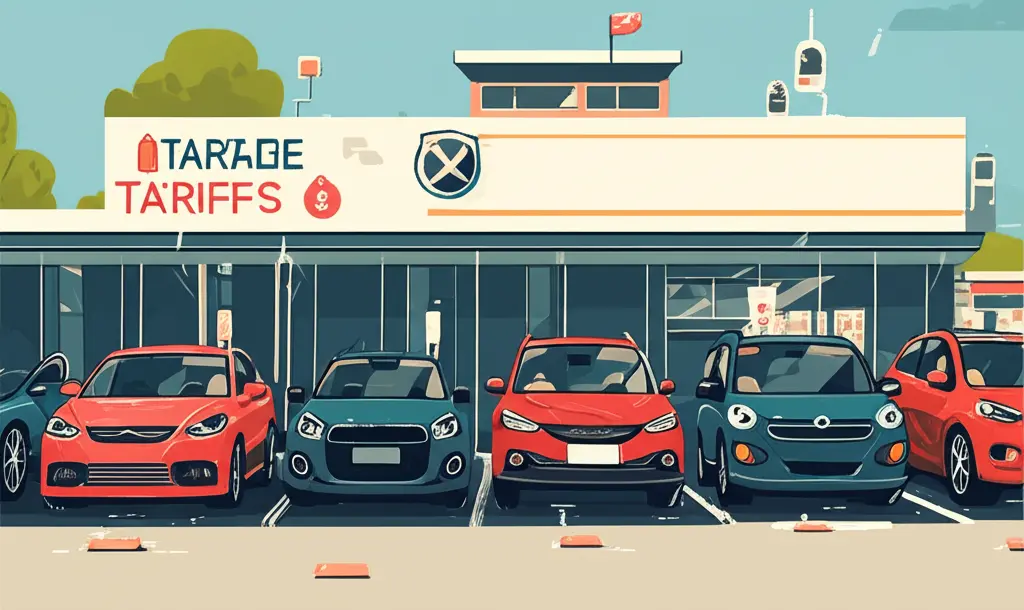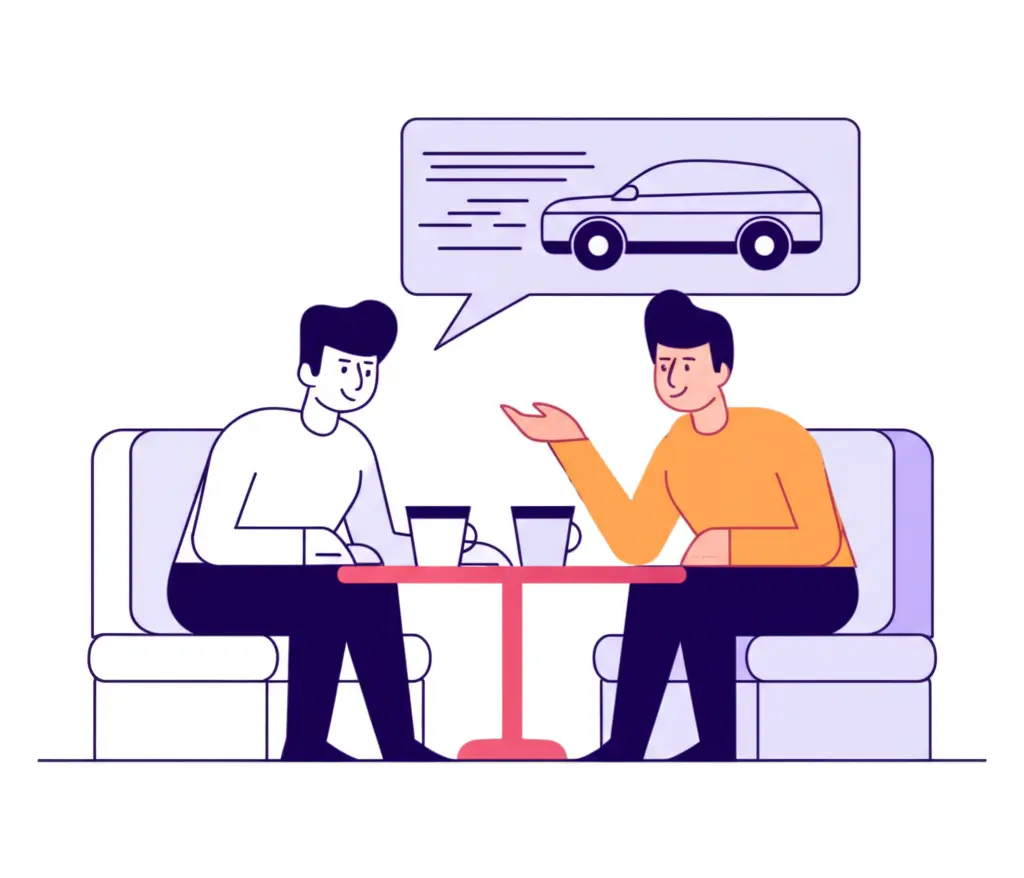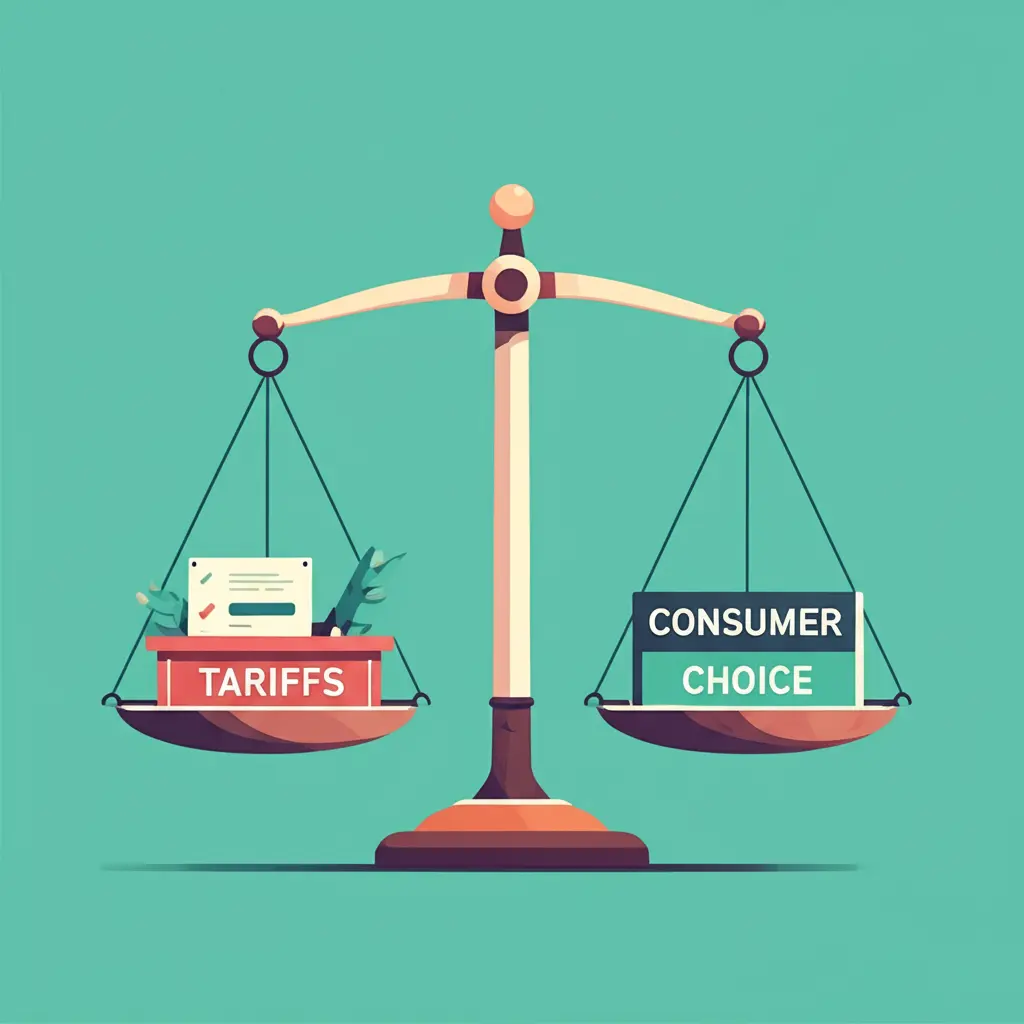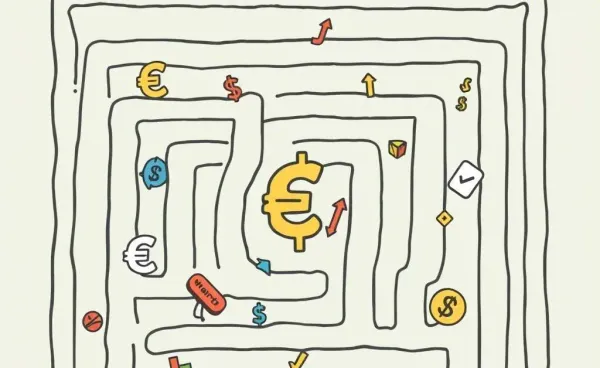How Tariffs Impact Auto Manufacturers and Consumers
Discover the effects of tariffs on the auto industry and what it means for car buyers.

I recently found myself diving deep into the topic of tariffs and how they affect the auto industry—a discussion that’s been sparking curiosity among car enthusiasts and everyday drivers alike. Let’s unravel the complexities of this issue together, like a chat with a friend over your favorite coffee.
What Are Tariffs and Why Do They Matter?
To keep it simple, tariffs are essentially taxes imposed by governments on imported goods. In the context of the auto industry, these can significantly increase the cost of vehicles manufactured abroad. You might be wondering, ‘How does this affect me?’ Well, let’s explore that.

Impact on Auto Manufacturers
For car manufacturers, tariffs can act as a double-edged sword. They may protect domestic jobs by making foreign cars more expensive, encouraging consumers to buy locally. However, tariffs can also make sourcing parts more costly for domestic manufacturers that rely on international suppliers. It’s like trying to bake a cake with pricey ingredients—you can still do it, but it’ll cost more.
Pros and Cons for Manufacturers
- Pro: Potential boost in local sales
- Con: Increased cost in parts and production
Consumer Implications
As a consumer, the effects of tariffs can hit your wallet directly. Increased tariffs on foreign vehicles can raise car prices, sometimes limiting choices or pushing buyers towards more affordable, domestically produced models. Imagine walking into a dealership and finding your dream car just out of budget due to those pesky tariffs. It’s an all too familiar scenario for many.

Balancing Tariffs and Consumer Choice
Here’s where it gets tricky. Policymakers aim to strike a balance between protecting local industries and offering consumers diverse choices. This balancing act can sometimes feel like a tightrope walk—one false move, and things might topple.

The Road Ahead
So, where does this leave us? While the initial impact of tariffs might feel like a bump in the road, the long-term effects on the auto industry and consumer choices can be more profound. It’s an evolving landscape, one that requires careful navigation by both industry leaders and policymakers to ensure both economic growth and consumer satisfaction.
What do you think about tariffs and their impact on your car choices? I’d love to hear your thoughts in the comments below!




